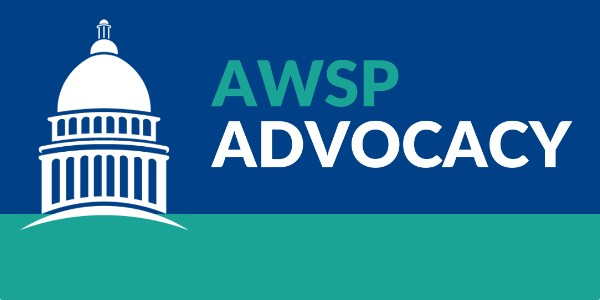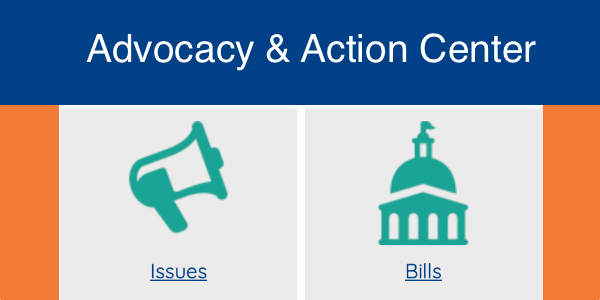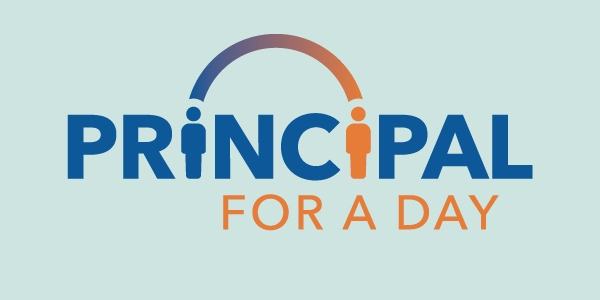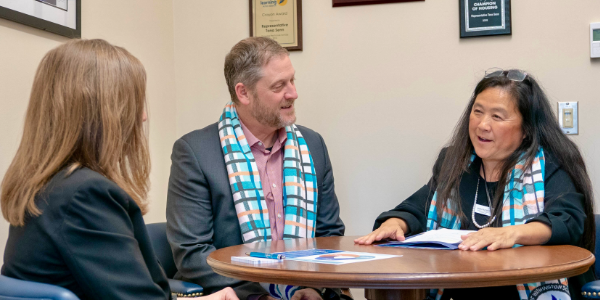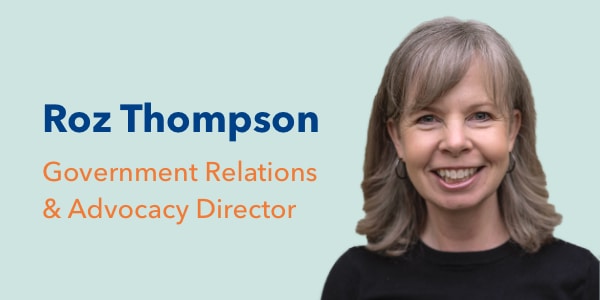As Sine Die approaches, action on bills received from the opposite house continues at a brisk pace. And bills (balls) continue bouncing. As mentioned earlier, some bills passed in the form they were received will go to the Governor; some will not move at all, and others will be amended and then sent back. If there is no agreement, they are then sent back again. And on and on.
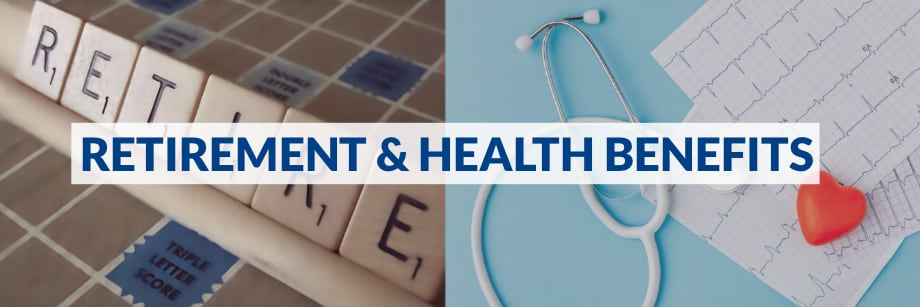
“Follow the bouncing ball…..”
Mitch Miller
As Sine Die approaches, action on bills received from the opposite house continues at a brisk pace. And bills (balls) continue bouncing. As mentioned earlier, some bills passed in the form they were received will go to the Governor; some will not move at all, and others will be amended and then sent back. If there is no agreement, they are then sent back again. And on and on.
Below are bills that appear still ‘alive’, NTIB, and/or still being worked by various constituencies. (Bills that are in respective Rules’ Committee are still generally alive until April 12th.) Negotiations between both houses are occurring as both bodies work with the looming deadlines.
Unless noted otherwise, bills that have been signed by the Governor are effective 90 days after adjournment.
Retirement Related Proposals
SHB 1007: Concerning interruptive military service credit for members of the state retirement systems.
Comment: Retirement credit can be awarded if, in any armed conflicts, the participant was awarded the respective campaign or expeditionary badge or medal…. the ‘expeditionary badge' qualifier was added.
Signed by the Governor 4/6/23.
HB 1008: Concerning participating in insurance plans and contracts by separated Plan 2 members of certain retirement systems.
Comment: It allows certain individuals who separate from a position covered by the Public Employees', School Employees', and Teachers' Retirement System Plans 2, without retiring, the opportunity to participate in retiree benefits of the Public Employees' Benefits Board.
This bill is in Senate Rules awaiting further action.
SHB 1056: Repealing some postretirement employment restrictions.
Comment:Changes the postretirement employment restrictions on benefits eligibility for Public Employees' Retirement System, Teachers Retirement System, and School Employees Retirement System Plans 2 and 3 members that retired under the 2008 Early Retirement Factors (ERFs). • Permits 2008 ERF members to work in retirement system–covered employment for up to 867 hours per year without suspension of retirement benefits. • Adjusts benefits for individuals that chose the 3 percent per year early retirement reduction to the level of reduction in the 2008 ERFs for future benefit payments. Effective 1/1/2024.
This bill is in Senate Rules awaiting further action.
*Note Regarding Pension Funding**: The good news about the bills mentioned below is that contribution rates/surcharges will be reduced. This will save districts dollars they are paying for staff not funded by the state’s basic apportionment formula. The ‘bad’ news is that some of the bills assume rosy investment returns will offset the loss of dollars that were previously dedicated to paying down the unfunded liabilities in Plans 2. WSSRA has been working with legislators and favors SSB 5294 (see below), which offers a stepped-down reduction in rates that may help prevent both an eventual increase again in unfunded liabilities and a future rate increase or reinstatement.
ESHB 1057:Providing a benefit increase to certain retirees of the public employees' retirement system plan 1 and the teachers' retirement system plan.
Comment: This would grant a one-time, capped 3% COLA for TRS1/PERS1 plan members. It also directs the SCPP to recommend a path to regain a permanent COLA for these retirees. It was amended by the House Appropriations Committee. Delays the impact of the benefit cost on the contribution rate for benefits added to the PERS and TRS 1 after June 30, 2009, until July 1, 2027. Specifies that a supplemental contribution rate shall not be charged for the benefits granted in the bill. “The rate for benefit improvements that became effective after June 30, 2009, shall not include a rate for the improvements in this act until July 1, 2027.” The Senate amended the bill as well. It removes provisions delaying the imposition of the contribution rate increases attributable until July 1, 2027, and directs that the supplemental contribution rate not be charged for the benefits created in this bill. (SB 5350 was a companion prior to the adoption of the House amendment. This bill is likely ‘dead’.)
Both bills have been referred to their respective Rules committees for further action.
ESSB 5294: Concerning actuarial funding of state retirement systems.
Comment: This bill was amended by the House Appropriations Committee. It lowers the surcharge contribution rates in effect for the Public Employees' Retirement System (PERS), currently 3.5%, and the Teachers' Retirement System (TRS) Plans 1 rates, currently 5.75%. PERS 1 would be lowered to 2.5% in 2024; 2.0% in 2025;1.5% in 2026; 1.0% in 2027 and 0.0% in 2027. TRS 1 rates would be 1.0% in 2024, .50% in 2025, and 0.0% from 2026 forward. It reduces the scheduled payment of $800 million into the TRS 1 fund to $250 million. The substitute Senate bill was included in their budget.
This bill passed the House as amended and has been sent back to the Senate for concurrence. This is likely to be approved and sent to the Governor.
Other Areas of Potential Fiscal Impact (and often unfunded) to Districts
SHB 1068: Concerning injured workers' rights during compelled medical examinations.
Comment: Allows an injured worker to make an audio and video recording of an independent medical examination and to have one person of the worker's choosing present during the examination.
This bill is on the Senate floor calendar awaiting further action.
SHB 1105: Requiring public agencies to provide notice for public comment that includes the last date by which such public comment must be submitted.
Comment: Requires that public agencies soliciting public comment for statutorily specified periods of time provide notice of the first and last date and time which public comment will be accepted. • • Establishes penalties for agencies failing to provide notice. The amendment summary reads, “Notice of the public comment solicitation period must also include the first date public comments may be submitted and the time by which comments must be submitted. An agency that fails to provide notice is subject to the same penalties as the member of a governing body who violates another provision of OPMA, and liability ensues regardless of whether a meeting occurs. Agency members are not personally liable for violations of the act.
It is before Senate Rules awaiting further action.
ESHB 1106: Concerning qualifications for unemployment insurance when an individual voluntarily leaves work.
Comment: Expands access to unemployment insurance benefits by adding circumstances where a person may voluntarily quit for a good cause.
This bill is on the Senate floor calendar awaiting floor action.
ESHB 1187: Concerning privileged communication between employees and the unions that represent them.
Comment: Creates a privilege from examination and disclosure for a union representative and a union employee concerning any communication between the union representative or union employee made during union representation and creates exceptions to this privilege. Applies the privilege from examination and disclosure to the union members and organizations that represent employees of college districts, employees of school districts, public employees, faculty at public four-year institutions of higher education, civil service employees, ferry employees, port employees, and labor unions.
This bill is on the Senate floor calendar awaiting further action.
SHB 1200: Requiring public employers to provide employee information to exclusive bargaining representatives.
Comment: This bill was amended by the Senate and has floor amendments hanging. It requires certain public employers to provide exclusive bargaining representatives employee information, such as contact information, date of hire, salary, and job site location, of employees in bargaining units if the employer has that information in its records. • Allows an exclusive bargaining representative to bring a court action if a public employer fails to comply with the requirement to provide information.
On Senate floor calendar awaiting further action.
EHB 1210: Concerning the recording of school board meetings.
Comment: Requires all school district board meetings to be audio recorded, subject to exceptions for executive sessions and emergencies, with recordings kept for one year. • Specifies that a public records request for recordings of meetings of a school district board of directors must include the date of the meetings requested or a range of dates. • Encourages school districts to make the content of school board of directors meetings available in formats accessible to individuals who need communication assistance and in languages other than English.
This bill passed Senate 48/0 and will be sent to the Governor for signature.
E2SHB 1320: Concerning access to personnel records.
Comment: This bill was amended by the Senate. It requires an employer to furnish an employee or former employee with a complete copy of their personnel file at no cost within 15 business days of a request. • Mandates an employer to furnish a former employee with a signed written statement with the effective date of discharge, whether the employer had a reason for the discharge, and if so, the reasons, within 14 calendar days of the written request. • Allows an employee or former employee to bring a private action for violations of certain rights regarding personnel files, discharge information, and redaction logs, and entitles the employee to equitable relief, graduated statutory damages up to $1,000, and reasonable attorneys' fees and costs of each violation. •
Allows for redaction of personnel files under certain circumstances.
Scheduled for Executive Session (4/3/23) before W/M Committee but no action was taken. Likely ‘dead’.
SHB 1521: Concerning the duties of industrial insurance self-insured employers and third-party administrators.
Comment: This bill specifies that self-insured employers and third-party administrators have a duty of good faith and fair dealing to workers with respect to all aspects of workers' compensation. • Requires the Department of Labor and Industries to enforce the duty of good faith and fair dealing. • • Provides penalties for violations of this duty.
This bill is in Senate Rules awaiting further action.
2SHB 1618: Concerning the statute of limitations for childhood sexual abuse.
Comment: This bill would remove the statute of limitations for recovery of damages as a result of childhood sexual abuse. • • Applies the act retroactively and prospectively.
This bill was scheduled for Executive Session on 3/4/23 but no action was taken. May be indicator that bill is ‘dead’.
HB 1656: Concerning unemployment insurance benefits appeal procedures.
Comment: It adds disputes of unemployment insurance (UI) determinations of allowance or denial of allowance of benefits or redeterminations, in addition to a dispute of initial determinations, as issues in appeals proceedings regardless of the grounds in the notice of appeal. • Removes provisions that in a UI appeal on a dispute of a claimant's claim for waiting period credit or UI benefits claim that all UI issues relating to the claimant's right to receive such credit or UI benefits for the period in question are deemed to be in issue regardless of the particular grounds in the notice of appeal; and the claimant's availability for work is determined apart from all other matters.
Passed both houses and sent to the Governor for his signature.
SB 5084: Creating a separate fund for the purposes of self-insured pensions and assessments.
Comment: Creates a self-insurance reserve fund for payments from self-insured employers related to workers' compensation pensions and from the overpayments reimbursement fund.
In House Rules awaiting further action.
ESSB 5123: Concerning the employment of individuals who lawfully consume cannabis.
Comment: This bill was amended by the House. It prohibits employers, with some exceptions, from discriminating against a person in hiring if the discrimination is based on the person's use of cannabis outside of work or on certain employer-required drug screening tests.
Passed House 57/41 with amendments will be sent to Senate for concurrence.
SSB 5127: Clarifying school districts' ability to redact personal information related to a student.
Comment: Creates a new exemption to the Public Records Act for personal information in any records pertaining to a student currently or previously enrolled in a local education agency.
This bill is in House Rules awaiting further action.
E2SSB 5174: Providing adequate and predictable student transportation.
Comment: Requires the Office of the Superintendent of Public Instruction (OSPI) to administer transportation safety net awards to school districts with excess special passenger costs for special education, homeless, and foster students, as defined in the operating budget. • Provides that, no earlier than for a contract affecting the 2024-25 school year, school districts may only enter into a pupil transportation services contract if the contractor provides certain health benefits and retirement contributions to employees who choose to opt-in for coverage. • Provides reimbursement subject to funding provided specifically for increased costs to school districts that are directly attributable to increased benefits as required in the bill. (although sponsor suggests that legislators will try their best to fully fund, but……..)
It is in House Rules awaiting further action.
SSB 5275: Expanding access to benefits provided by the school employees' benefits board.
Comment: Allows tribal compact schools, employee organizations representing school employees, and school board directors the option of providing health care through the School Employees Benefits Board through SEBB beginning January 1, 2024. Employers opting into coverage under SEBB may determine the terms of employee and dependent eligibility and must pay premiums set by HCA.
Passed House 97/0. The Governor signed the bill on 3/30/23. Becomes effective 1/1/2024; however, HCA will be reaching out to eligible parties prior to that date with information.
SSB 5286:
Modifying the premium provisions of the paid family and medical leave program.
Comment: Modifies the statutory formula for determining the premium rates for the Paid Family and Medical Leave Program.
In House Rules awaiting further action.
Fred Yancey
The Nexus Group LLC



